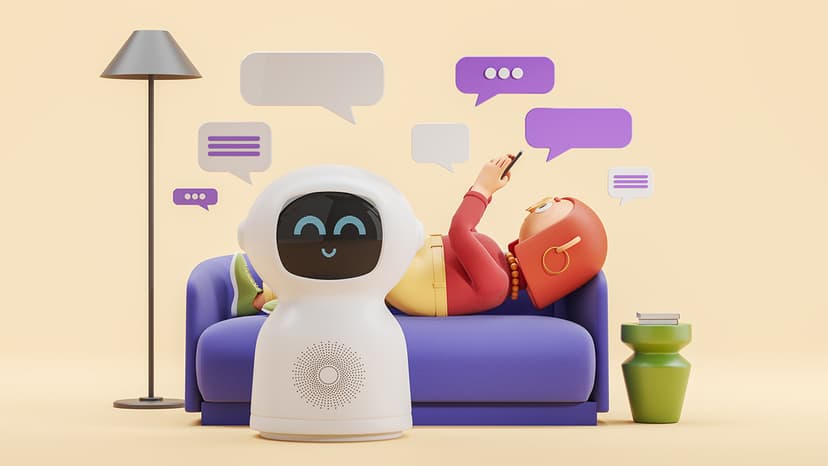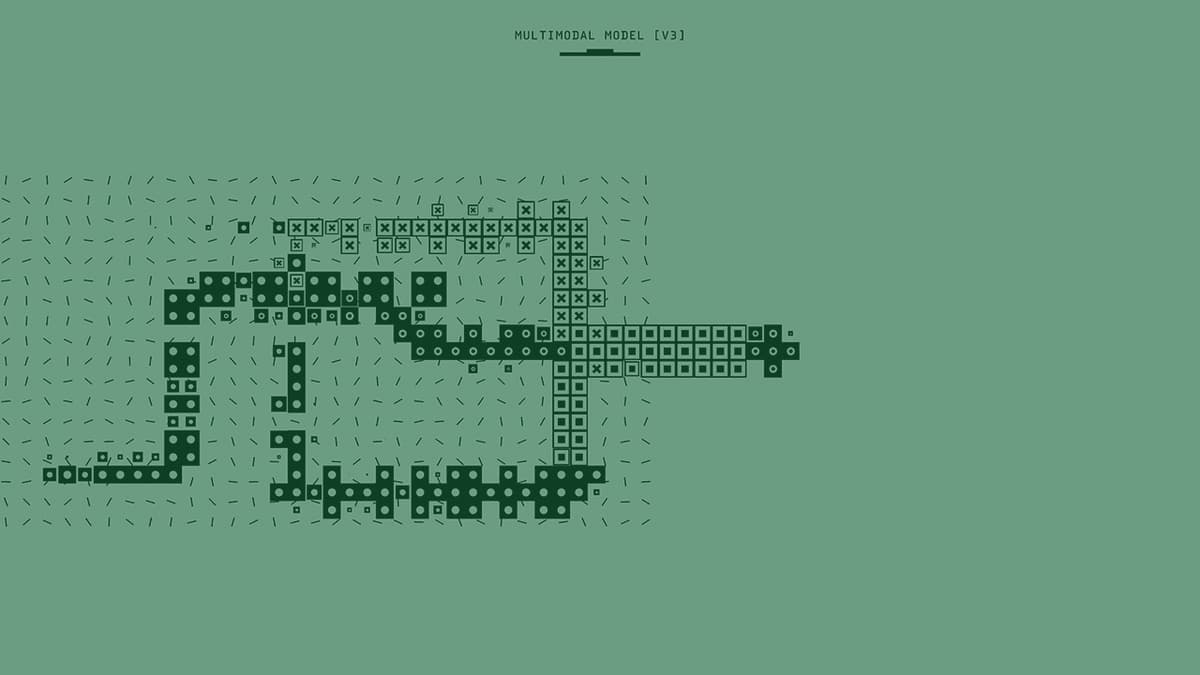Eight New Product Disruption Examples
New product disruption is increasingly reshaping various sectors. Both startups and established companies are developing innovative products and services that challenge traditional industries. This article highlights recent examples of product disruption.
1. Uber
What has Uber changed in the transportation sector? Uber introduced a peer-to-peer ride-sharing platform. By using mobile technology, it allows users to request and pay for rides easily. This model provides convenience for passengers and new income opportunities for drivers, changing the way people think about transportation.
2. Airbnb
How has Airbnb transformed the hospitality industry? Airbnb offers an online platform for homeowners to rent out their spare rooms or entire properties. This peer-to-peer accommodation model is often more affordable and personalized than traditional hotels. As a result, hotels are rethinking their strategies to compete with new consumer preferences.
3. Spotify
What impact has Spotify had on the music industry? Spotify has disrupted traditional music distribution by providing an on-demand digital streaming service. With a vast library of songs, it offers a freemium and subscription-based model that is more convenient and affordable. This change allows listeners to enjoy music easily while helping artists connect with fans directly.
4. Tesla
How is Tesla influencing the automotive industry? Tesla's electric vehicles (EVs) challenge the conventional internal combustion engine vehicles. With advanced technology and high performance, Tesla has rapidly gained popularity. Its approach has spurred competitors to develop their own EVs and has increased the adoption of electric mobility.
5. Amazon
What role has Amazon played in retail disruption? Amazon initially disrupted the book industry by selling books online. It has since shaped the retail sector through its extensive product range and customer-centric approach. Fast delivery and personalized recommendations have forced brick-and-mortar retailers to adapt to the online selling landscape.
6. Bitcoin
How has Bitcoin changed the financial industry? Bitcoin, as a decentralized cryptocurrency, challenges traditional banking systems. It facilitates peer-to-peer transactions with lower fees and faster processing times, prompting financial institutions to explore blockchain technology and adapt their services to include digital currencies.
7. 3D Printing
What advantages does 3D printing offer to manufacturing? 3D printing allows for the creation of three-dimensional objects from digital designs. This technology enables rapid prototyping and localized manufacturing. It is increasingly used in industries such as aerospace, healthcare, and automotive, offering customization and efficiency.
8. Plant-Based Meats
How are plant-based meat alternatives disrupting the food industry? Companies like Beyond Meat and Impossible Foods provide sustainable options for consumers seeking ethical food choices. These products address the growing demand for alternatives to traditional meat.
These examples showcase how new product disruption is transforming established industries. Companies that identify pain points and leverage technology can create better solutions, leading to new opportunities for entrepreneurs and economic growth. Expect more disruptions as technology advances.












